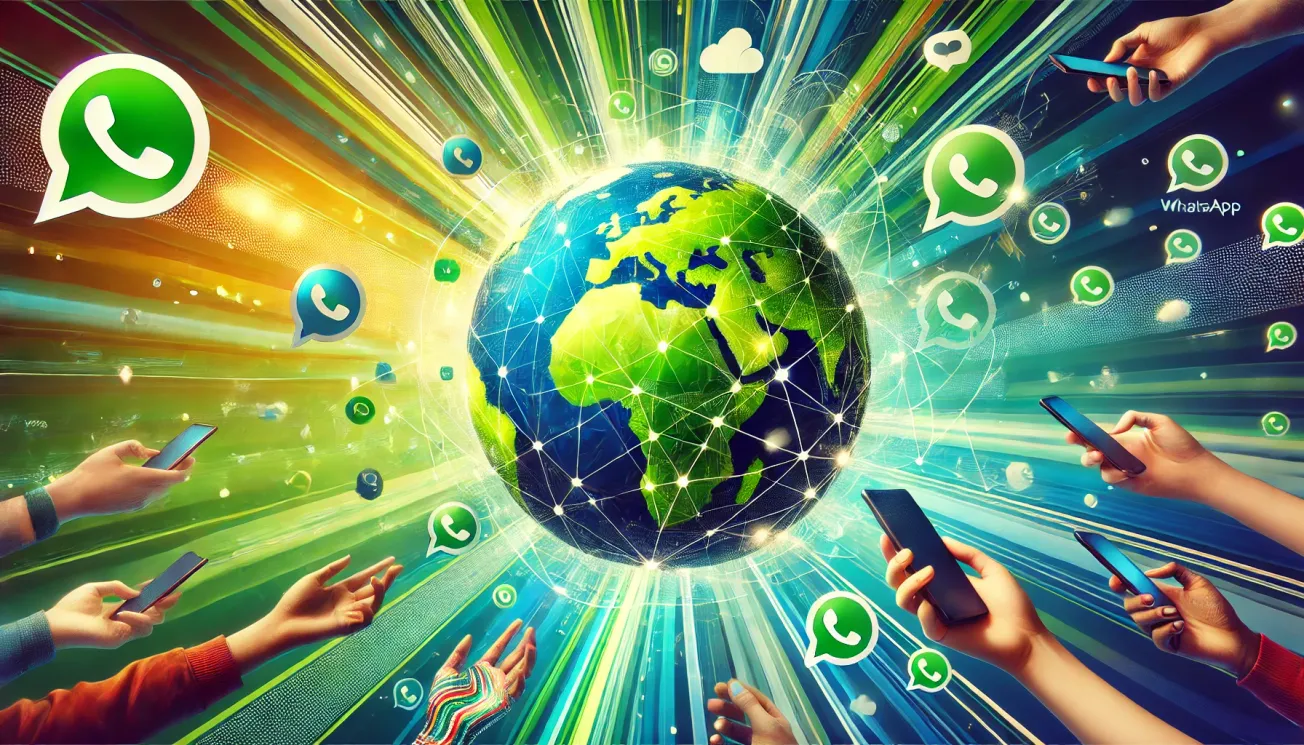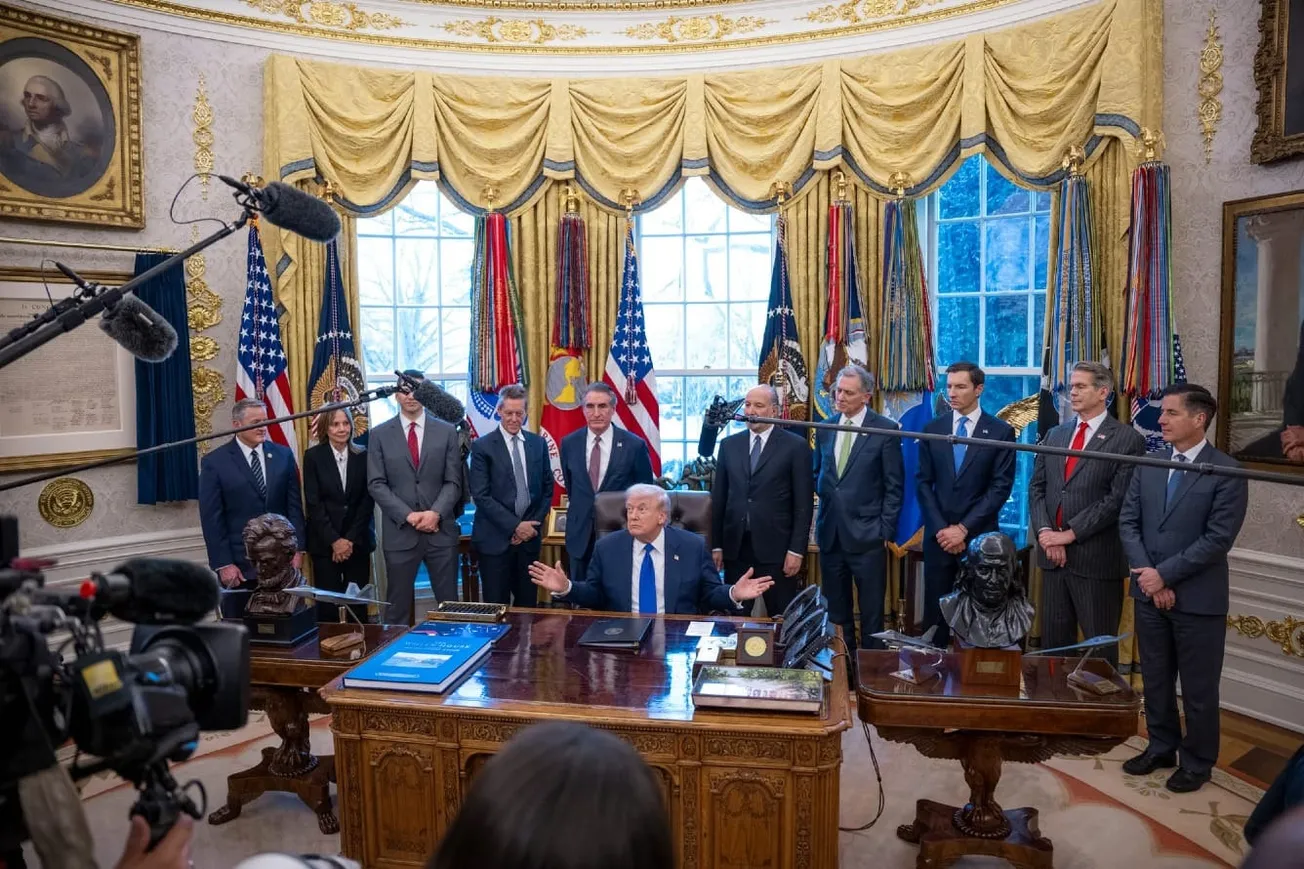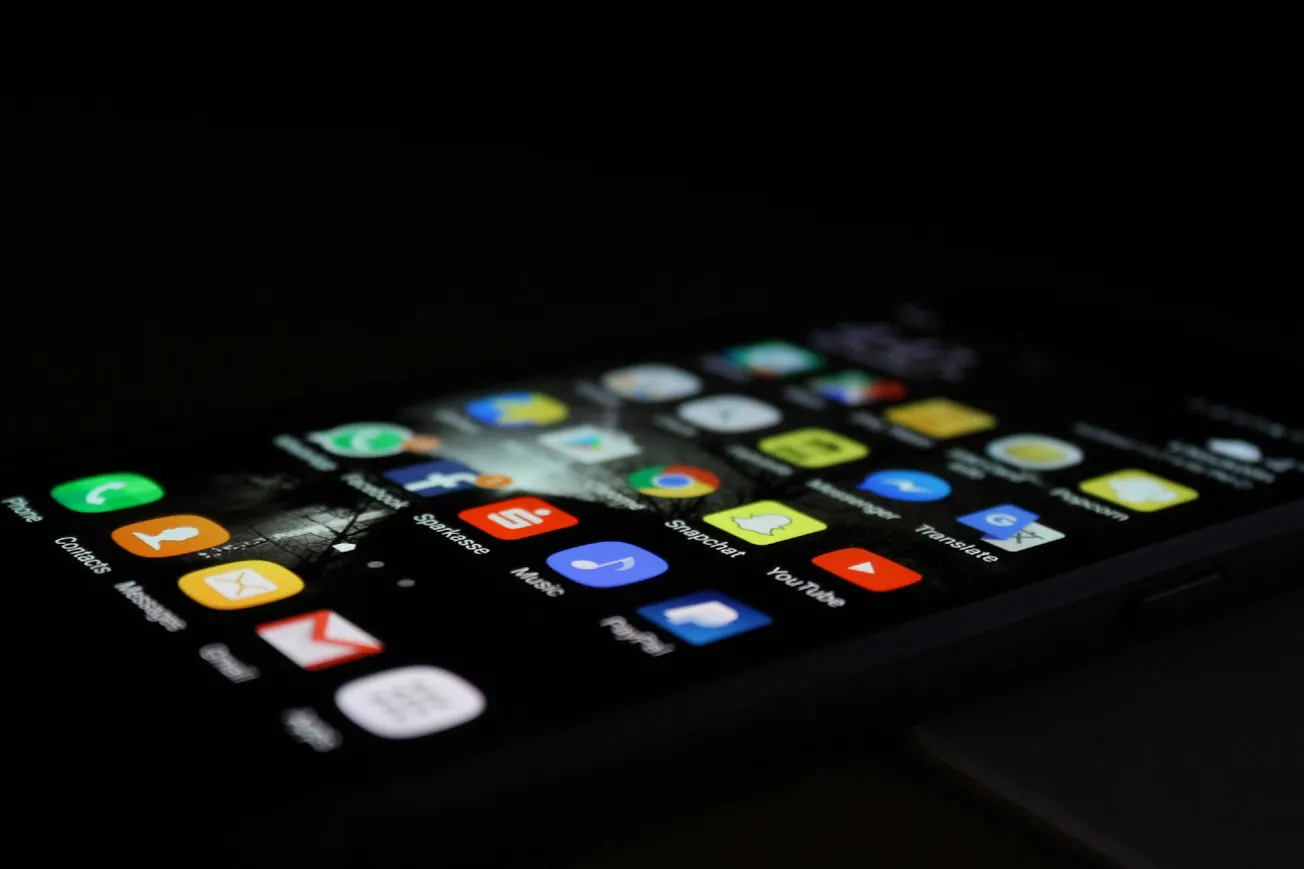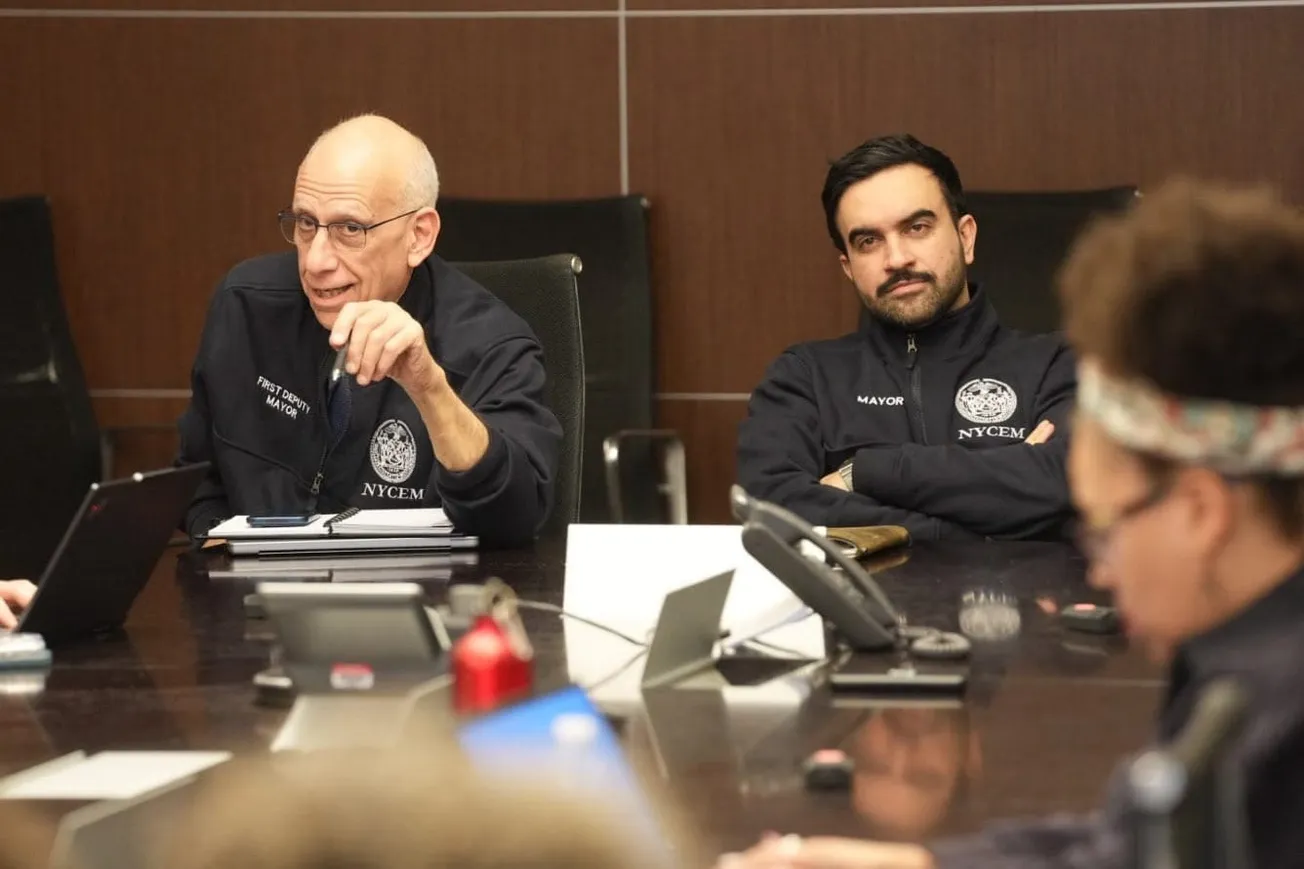Christmas, the New Year, and numerous other holiday events around the world are a time for families and friends to connect. More people greet each other during these happy life moments through WhatsApp than any other application.
Meta founder and CEO Mark Zuckerberg bought WhatsApp for $19 billion in 2014, marking one of the most significant tech acquisitions in history. WhatsApp then had over 450 million active users monthly, with an additional about 1 million new users daily. The aim was to leverage WhatsApp's user base to enhance and expand its mobile messaging capabilities globally, especially in emerging markets.
In about ten years, WhatsApp has exploded in its popularity. As of June 2024, WhatsApp boasts nearly 3 billion unique active users worldwide, making it the most-used mobile messenger app. The service is available in more than 180 countries, highlighting its universal appeal. In the United States, 29% of adults have used WhatsApp at least once, though it's not as dominant as in other regions like India or Brazil. India leads with 535.8 million monthly active users, making it WhatsApp's largest market. Brazil follows with 148 million users, and Indonesia with 112 million.
WhatsApp Business has also seen a significant uptake, with more than 50 million businesses using the platform to connect with customers.
As anyone who uses WhatsApp knows, the app is highly reliable. In most countries worldwide, every smartphone already has WhatsApp enabled, contributing to the network effect. If just about everyone else is using the app, it makes sense that a new user should, too.
For most users, WhatsApp is the primary messaging app, eclipsing FaceTime or SMS services on their phones. WhatsApp's appeal comes from its design as a cross-platform messaging service that allows users to send messages without regard to the receiver's operating system. An iOS user on an Apple device can send a WhatsApp message to an Android user on a Samsung or Google Pixel device. WhatsApp messaging is available on desktops and Macs.
Unlike other apps, the registration and setup are straightforward. WhatsApp does not require a username, password, or two-factor authentication. Upon opening the app for the first time, a user enters their phone number. WhatsApp sends a verification code via SMS or an automated call to confirm the number. This single step links the user's WhatsApp account to the user's phone number. Done. There are no additional steps to get the app going. This extreme simplicity has made the app's adoption nearly universal. Over 100 billion messages are exchanged on WhatsApp daily, showcasing its vital role in global communication.
Users can send text messages to individuals or groups. Messages are sent over the Internet, and because WiFi is ubiquitous at work, home, and hotspots - transmission is seamless and of high quality. WhatsApp allows for free voice and video calls over the Internet, as well as the sharing of photos, videos, GIFs, documents, and voice messages.
Even better, all messages, calls, photos, and videos are encrypted from end to end, meaning only the sender and the recipient can read or listen to them. WhatsApp often reminds users that even WhatsApp cannot view messages sent over its network.
The best part is that WhatsApp is free to use—there are no upfront costs, subscriptions, or ads.
Most people are unaware that WhatsApp has a powerful cousin: WhatsApp for Business. This app adds more bells and whistles, including the ability to perform essential operations for small businesses. These features are beginning to transform the world's e-commerce landscape by touching anyone with a smartphone, even someone with limited skills, to use a website. The company charges businesses to use more advanced features of Business WhatsApp, but consumer WhatsApp remains free.
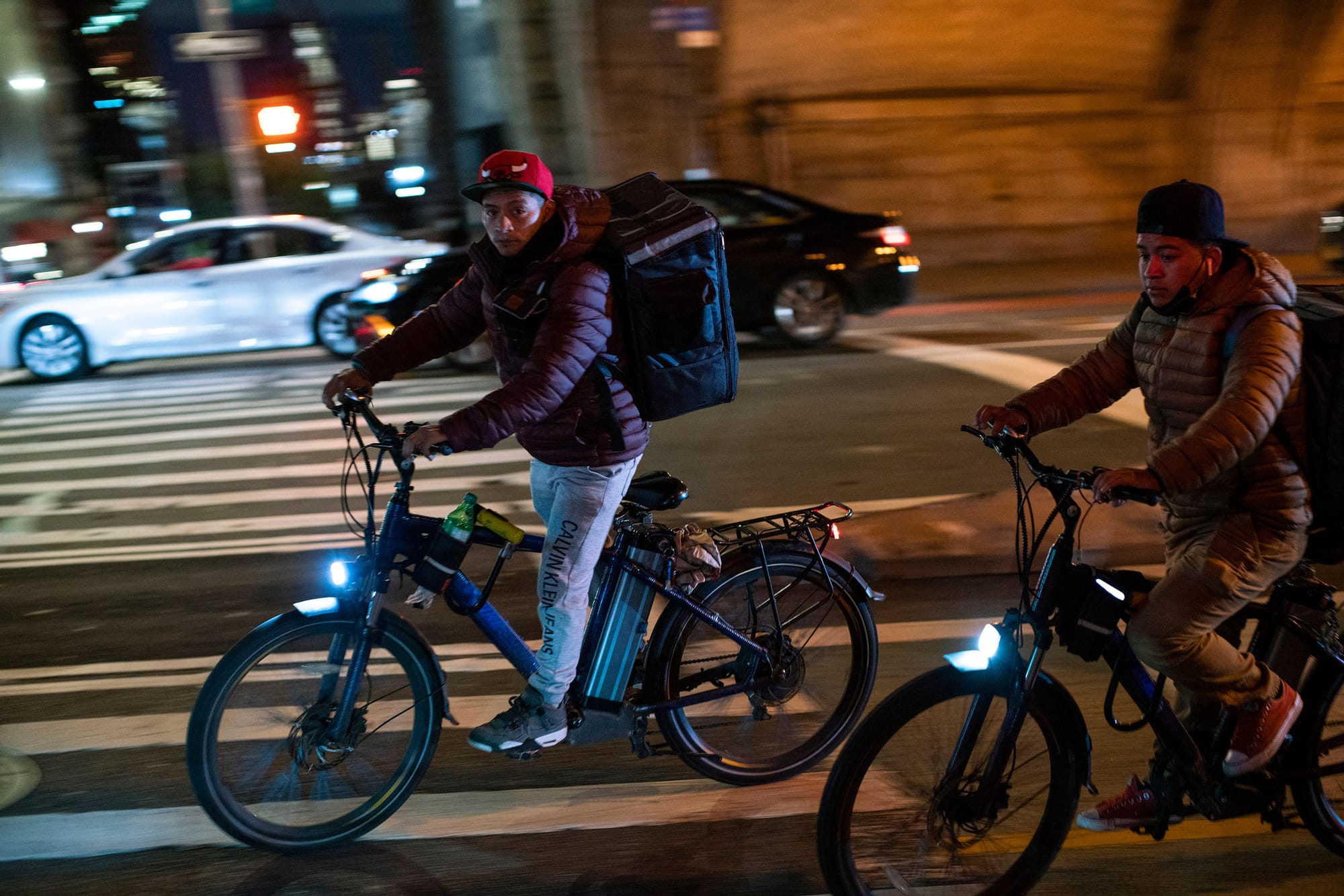
In India, Apollo Hospitals has exploited programming features built into the app to automate several front-end processes. A patient can book and confirm an appointment through simple interactive responses entirely within WhatsApp. By responding using simple numbered answers, one can decide on an in-person meeting with a doctor or a virtual visit, choosing from different specialties right down to the desired provider's name.
In many South Asian, Middle Eastern, and African countries, where the informal economy of artisans and service providers dominates the country's GDP, WhatsApp has become an essential tool to communicate at a negligible cost, even for non-e-commerce transactions. Delivery truck drivers request your location on the app before they begin their trip. A carpenter about to come home to perform an installation asks for a video clip or image of the furniture to research special instructions and tools. A tailor sends images of cloth samples for your sofa cushions. You respond by making your choice, and the tailor begins work after you pay him using WhatsApp's built-in payment solution. A mason who has difficulty typing communicates with you exclusively by WhatsApp voicemail (in the local language), leaving behind a communication trail that can be valuable in resolving disputes.

Localizing the Internet to adapt an app's user interface and functionality in different target markets has been Big Tech's Achilles Heel for at least a decade. Nothing can be more localized than two people transacting with each other in their language using video, calling, and voicemail features - all for free. WhatsApp has leveled the playing field for billions and uncovered the web to accommodate all dialects.
WhatsApp is the globe's new Internet. That recognition starts each day, and during this festive time, it is with a Happy Holidays and a Happy New Year greeting, zapped to 3 billion smartphones. It is the season to be thankful, and the world salutes WhatsApp for bringing us all closer to each other, for free.
Rajkamal Rao is a columnist and a member of the tippinsights editorial board. He is an American entrepreneur and wrote the WorldView column for the Hindu BusinessLine, India's second-largest financial newspaper, on the economy, politics, immigration, foreign affairs, and sports.

